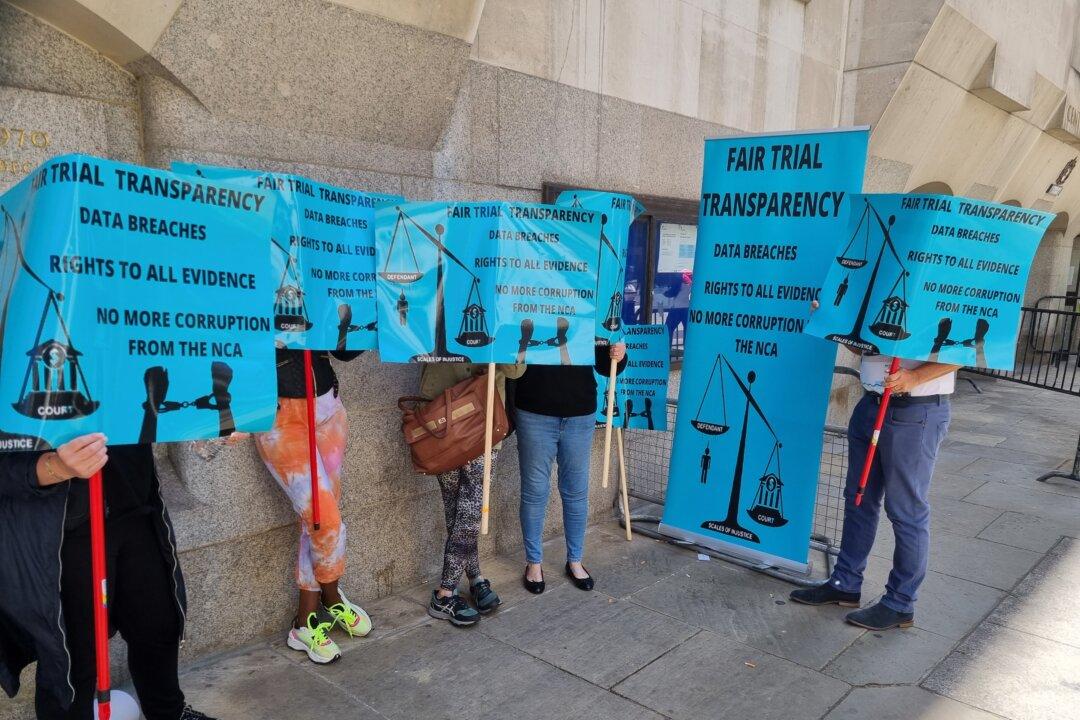A leaked letter from a French magistrate to the Crown Prosecution Service (CPS) about the potentially unlawful hacking of an encrypted phone network has been released.
Campaigners are pushing for tests to be carried out to prove their claim the encrypted network, Encrochat, was hacked in a “live intercept” operation, which could lead to hundreds of convictions being overturned.





